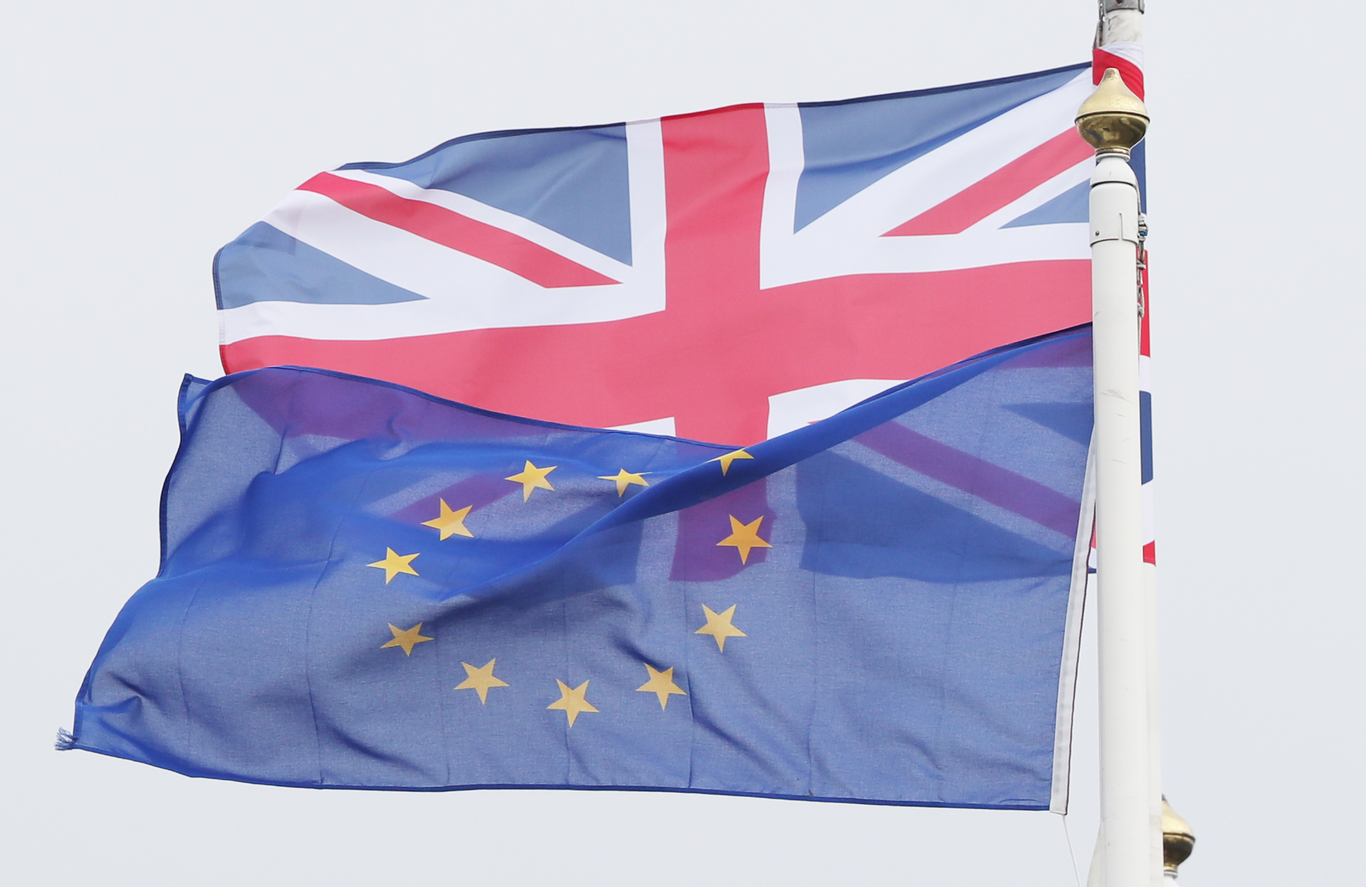One of the world’s biggest consultant firms is telling Irish businesses to prepare for a hard Brexit
PwC Ireland says that the prospect of the worst-case scenario remains ‘too likely to ignore’.
A HARD BREXIT is “the most likely outcome” when the UK leaves the European Union, according to PwC Ireland.
The consultancy firm says that it welcomes recent progress on the draft withdrawal agreement between the UK and the EU but is warning its clients that nothing is guaranteed at this point in the process.
Feargal O’Rourke, managing partner at PwC Ireland, said that the only thing businesses can be sure of is that “disruption and change are inevitable.”
“The UK’s current unwillingness to consider a customs union, and continuing talk of ‘cherry-picking’ which arrangements it does or does not want to retain, means that a hard Brexit remains too likely for businesses to ignore,” he added.
Last month, the EU and UK agreed on a draft Brexit deal that would give Ireland a guaranteed ‘backstop’ to prevent a hard border with the North.
However, with less than a year to go until the UK formally leaves the EU, PwC is warning that businesses still need to prepare for the worst-case scenario.
In the case of a hard Brexit, the UK would crash out of the customs union and single market with tariffs introduced on trade between Ireland and its near neighbour.

Contingency Plans
Speaking to Fora, PwC Ireland’s Brexit task force leader David McGee said that in spite of recent progress in negotiations there are still a lot of issues to be resolved with regards to governance, economic pressures and political matters.
As a result, he said that Irish businesses need to have contingency plans in place in case of the worst-case scenario, which he described as a “chaotic disorderly hard Brexit”.
He noted that PwC has softened its view on the possibility of a hard Brexit in the last year but that it is still “very difficult to see the end game”.
“Businesses are presuming there will be a transition period, but there could be still no deal if negotiations collapse,” he added.
Looking at what Irish businesses can do to prepare, McGee said it will differ for each company, but that the most important step is to sit down and develop a plan.
“You don’t need to spend money, but you do need to think about your business model, your supply chain, and understand what capabilities you will need post-Brexit,” he added.
Ireland’s economy is the most exposed in the EU to the fallout from Brexit, with many of the country’s biggest employment sectors – such as food and drink production, tourism and construction – likely to feel a disproportionate impact.






